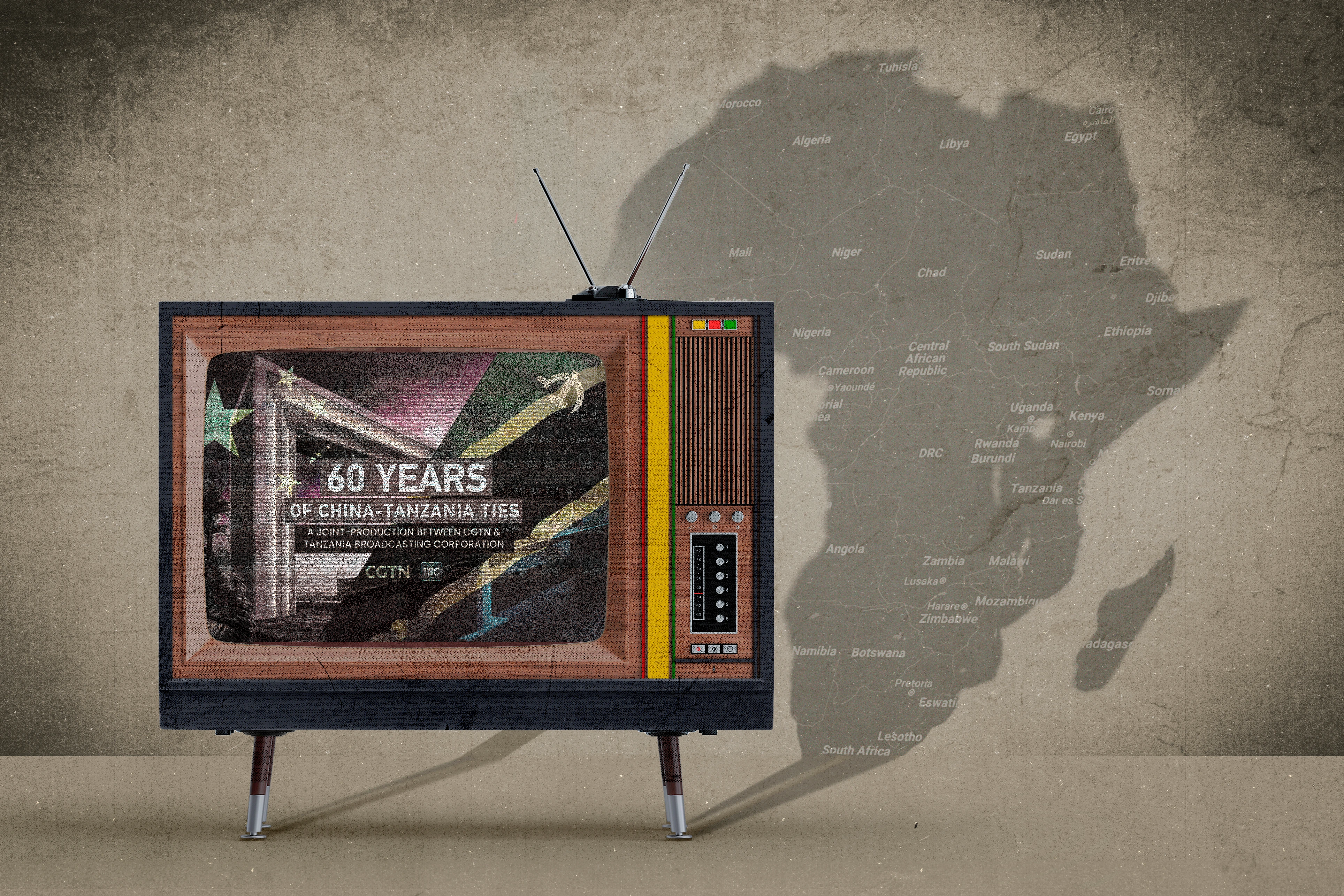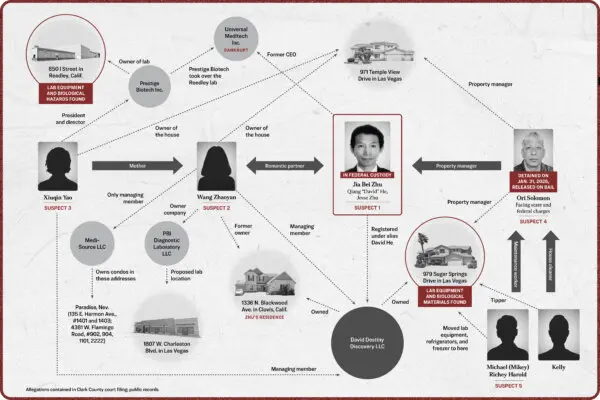JOHANNESBURG—The Chinese communist regime has annexed media spaces across Africa, severely restricting citizens’ access to fair and accurate news, while allowing Beijing to spread anti-American messaging at will, according to separate research completed by two authorities on China’s activities on the continent.
Reports from Paul Nantulya, at the Africa Center for Strategic Studies in Washington, and Joshua Eisenman, senior fellow for China studies at the American Foreign Policy Council, paint a disturbing picture of the Chinese regime’s success in spreading propaganda, misinformation, and disinformation in Africa.










